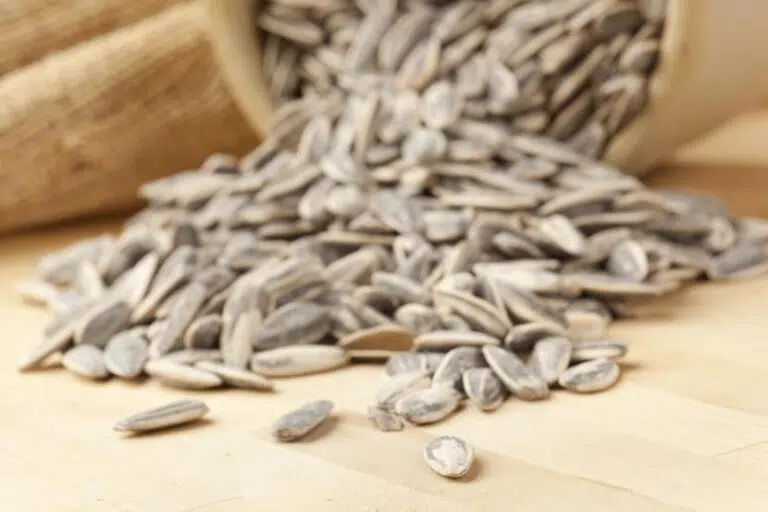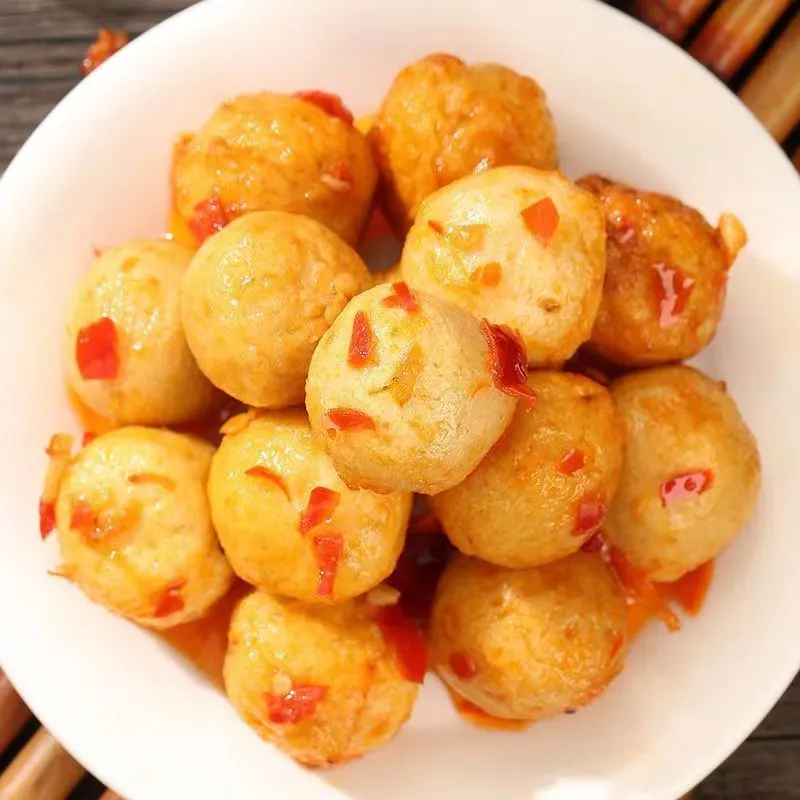-
 Afrikaans
Afrikaans -
 Albanian
Albanian -
 Amharic
Amharic -
 Arabic
Arabic -
 Armenian
Armenian -
 Azerbaijani
Azerbaijani -
 Basque
Basque -
 Belarusian
Belarusian -
 Bengali
Bengali -
 Bosnian
Bosnian -
 Bulgarian
Bulgarian -
 Catalan
Catalan -
 Cebuano
Cebuano -
 Corsican
Corsican -
 Croatian
Croatian -
 Czech
Czech -
 Danish
Danish -
 Dutch
Dutch -
 English
English -
 Esperanto
Esperanto -
 Estonian
Estonian -
 Finnish
Finnish -
 French
French -
 Frisian
Frisian -
 Galician
Galician -
 Georgian
Georgian -
 German
German -
 Greek
Greek -
 Gujarati
Gujarati -
 Haitian Creole
Haitian Creole -
 hausa
hausa -
 hawaiian
hawaiian -
 Hebrew
Hebrew -
 Hindi
Hindi -
 Miao
Miao -
 Hungarian
Hungarian -
 Icelandic
Icelandic -
 igbo
igbo -
 Indonesian
Indonesian -
 irish
irish -
 Italian
Italian -
 Japanese
Japanese -
 Javanese
Javanese -
 Kannada
Kannada -
 kazakh
kazakh -
 Khmer
Khmer -
 Rwandese
Rwandese -
 Korean
Korean -
 Kurdish
Kurdish -
 Kyrgyz
Kyrgyz -
 Lao
Lao -
 Latin
Latin -
 Latvian
Latvian -
 Lithuanian
Lithuanian -
 Luxembourgish
Luxembourgish -
 Macedonian
Macedonian -
 Malgashi
Malgashi -
 Malay
Malay -
 Malayalam
Malayalam -
 Maltese
Maltese -
 Maori
Maori -
 Marathi
Marathi -
 Mongolian
Mongolian -
 Myanmar
Myanmar -
 Nepali
Nepali -
 Norwegian
Norwegian -
 Norwegian
Norwegian -
 Occitan
Occitan -
 Pashto
Pashto -
 Persian
Persian -
 Polish
Polish -
 Portuguese
Portuguese -
 Punjabi
Punjabi -
 Romanian
Romanian -
 Russian
Russian -
 Samoan
Samoan -
 Scottish Gaelic
Scottish Gaelic -
 Serbian
Serbian -
 Sesotho
Sesotho -
 Shona
Shona -
 Sindhi
Sindhi -
 Sinhala
Sinhala -
 Slovak
Slovak -
 Slovenian
Slovenian -
 Somali
Somali -
 Spanish
Spanish -
 Sundanese
Sundanese -
 Swahili
Swahili -
 Swedish
Swedish -
 Tagalog
Tagalog -
 Tajik
Tajik -
 Tamil
Tamil -
 Tatar
Tatar -
 Telugu
Telugu -
 Thai
Thai -
 Turkish
Turkish -
 Turkmen
Turkmen -
 Ukrainian
Ukrainian -
 Urdu
Urdu -
 Uighur
Uighur -
 Uzbek
Uzbek -
 Vietnamese
Vietnamese -
 Welsh
Welsh -
 Bantu
Bantu -
 Yiddish
Yiddish -
 Yoruba
Yoruba -
 Zulu
Zulu
May . 07, 2025 19:43 Back to list
Premium Selected Sunflower Seeds Exporters & Certified Manufacturers
- Industry Overview: Global Demand for Selected Sunflower Seeds
- Technical Advantages in Seed Processing
- Comparative Analysis of Leading Manufacturers
- Customized Packaging Solutions
- Certification Standards Across Production Bases
- Application Case Studies in Food Manufacturing
- Sustainable Partnerships with Selected Sunflower Seeds Exporters

(selected sunflower seeds)
Meeting Global Demand for Selected Sunflower Seeds
The global selected sunflower seeds
market reached 4.8 million metric tons in 2023, with food manufacturers requiring precise specifications:
- Kernel-to-shell ratio: 1:1.35 (±0.05)
- Moisture content: ≤6.5%
- Oil content: 42-50% depending on variety
Leading selected sunflower seeds factories now utilize spectral analysis to ensure batch consistency, reducing quality deviations by 78% compared to traditional methods.
Precision Processing Technologies
Modern processing lines integrate three critical systems:
- Optical Sorting Units: Remove 99.7% of defective kernels at 8MT/hour capacity
- Gas-Controlled Roasting: Maintain ±2°C temperature accuracy
- Moisture Stabilization: Achieve 6.2%±0.3% humidity levels
This technical infrastructure enables selected sunflower seeds manufacturers to meet EU No. 1881/2006 and FDA 21 CFR 110 compliance simultaneously.
Manufacturer Capability Comparison
| Parameter | Factory A | Factory B | Factory C |
|---|---|---|---|
| Annual Capacity | 120,000MT | 85,000MT | 200,000MT |
| Certifications | ISO 22000, FSSC 22000 | BRC AA Grade | IFS Food v7 |
| Export Markets | 35 countries | 28 countries | 42 countries |
Customized Commercial Solutions
Flexible packaging configurations accommodate diverse market needs:
- Retail-ready 200g-5kg vacuum packs
- Bulk 25kg poly-lined woven bags
- Private label OEM services
Advanced modified atmosphere packaging (MAP) extends shelf life to 18 months without preservatives.
Quality Assurance Protocols
Every production batch undergoes 23 quality checkpoints:
- Raw material incoming inspection (ASTM D2233)
- Metal detection (Fe ≤1.5mm, Non-Fe ≤2.0mm)
- Microbiological testing (Salmonella absence in 375g)
Continuous monitoring reduces customer rejection rates to 0.08% industry-wide.
Industry Application Breakdown
Selected sunflower seeds exporters supply to three primary sectors:
| Application | Market Share | Growth Rate |
|---|---|---|
| Snack Food Production | 62% | 5.8% CAGR |
| Bakery Ingredients | 24% | 4.1% CAGR |
| Oil Extraction | 14% | 3.2% CAGR |
Strategic Partnerships with Selected Sunflower Seeds Exporters
Leading exporters now offer value-added services:
- Just-in-time delivery with 98.5% on-time rate
- Custom crop development programs
- Joint market research initiatives
This collaborative approach has increased customer retention rates to 89% across major importing countries.

(selected sunflower seeds)
FAQS on selected sunflower seeds
Q: How can I ensure the quality of selected sunflower seeds from manufacturers?
A: Reputable selected sunflower seeds manufacturers provide certifications, detailed product specifications, and samples for quality verification. Third-party lab testing and customer reviews can further ensure compliance with international standards.
Q: What criteria should I consider when choosing selected sunflower seeds exporters?
A: Prioritize exporters with proven industry experience, reliable logistics networks, and certifications like ISO or HACCP. Transparent communication and positive client testimonials are also critical indicators of reliability.
Q: How do selected sunflower seeds manufacturers maintain consistent product quality?
A: Leading manufacturers implement strict quality control protocols, including seed sorting, moisture testing, and contamination checks. Advanced machinery and adherence to food safety regulations ensure batch-to-batch consistency.
Q: What certifications are essential for selected sunflower seeds suppliers?
A: Key certifications include ISO 22000 for food safety, HACCP for hazard control, and Non-GMO verification. Organic certifications (e.g., USDA Organic) are also crucial for specific market demands.
Q: Can selected sunflower seeds factories handle bulk orders for international markets?
A: Established factories often specialize in scalable production, equipped with high-capacity processing lines and expertise in export documentation, packaging, and global shipping compliance.
-
Premium Selected Sunflower Seeds Exporters & Manufacturer Quality Guaranteed Factories
NewsJun.10,2025
-
Original Sunflower Seed Suppliers & Manufacturers - Top Exporters & Factories for Quality Seeds
NewsJun.10,2025
-
Premium Selected Sunflower Seeds Suppliers & Manufacturers
NewsJun.10,2025
-
Organic Sunflower Seeds for Healthy Snacks Wholesale Supply
NewsJun.10,2025
-
High-Quality Selected Sunflower Seeds Suppliers for Export
NewsJun.10,2025
-
Premium Original Sunflower Seeds Natural & Nutritious Snack
NewsJun.09,2025
